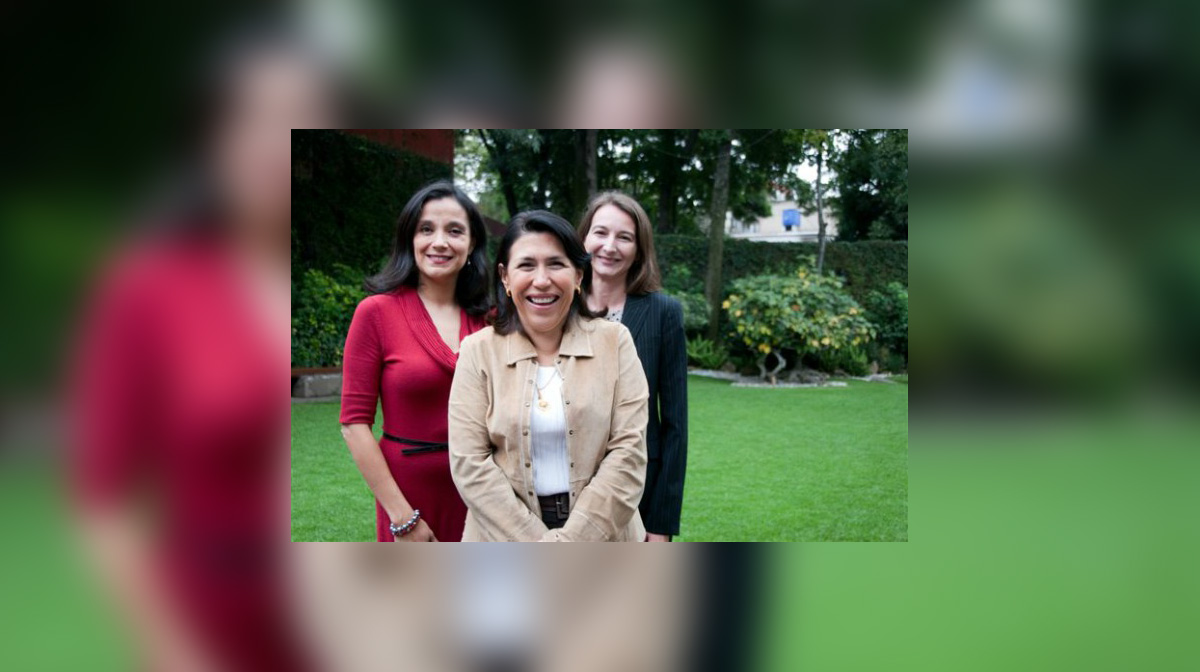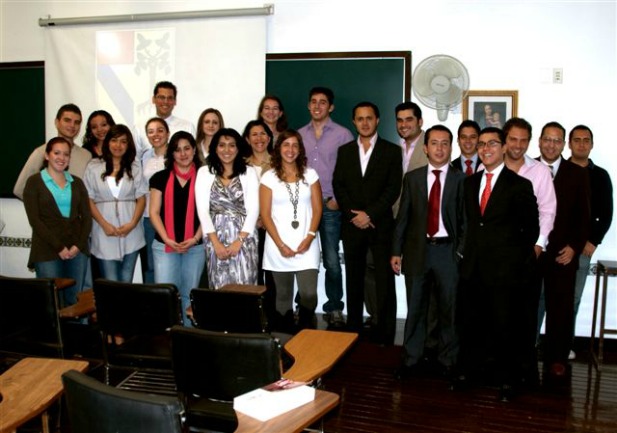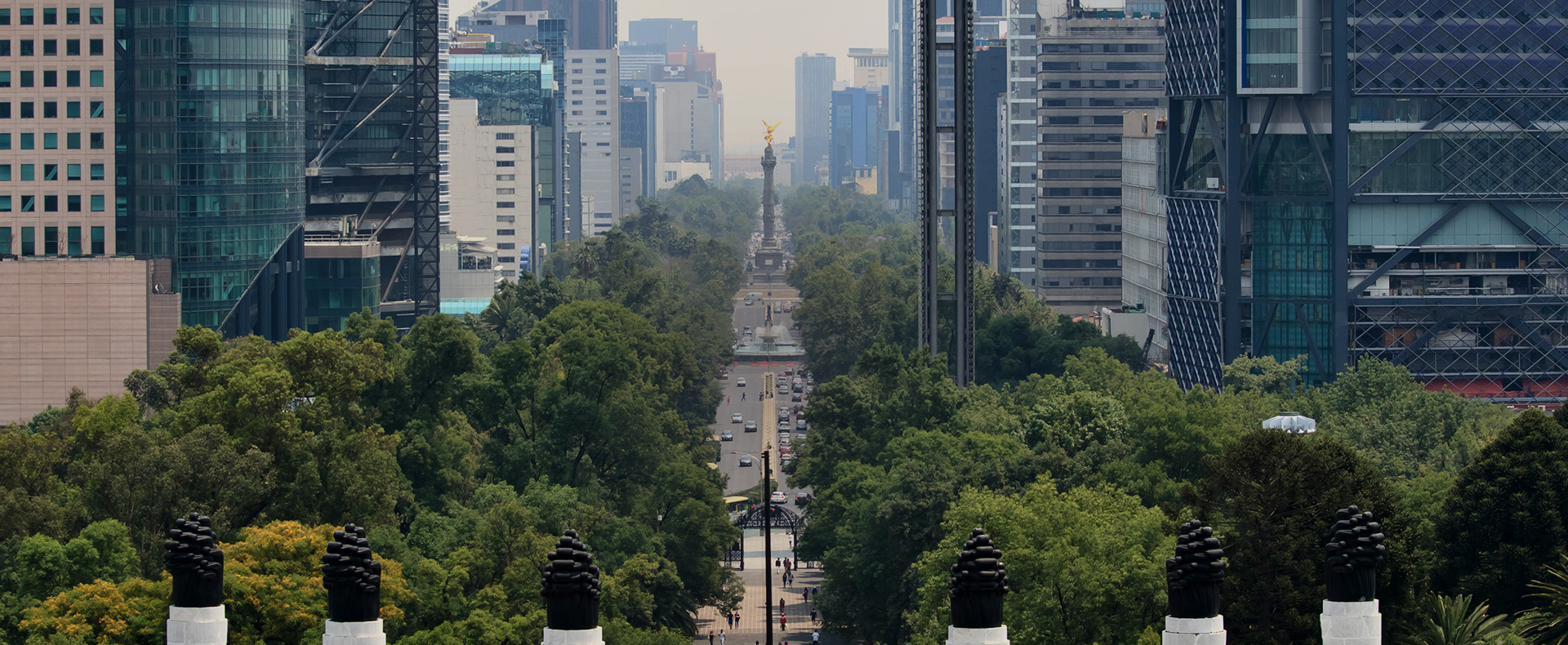At the forefront of class actions in Mexico

Two lovely October days found me back in Mexico City working on New Perimeter’s project with Mexico Appleseed. Mexico Appleseed has joined hands with the most prestigious universities and law schools in Mexico City to teach law students the importance of using their legal skills and education to help others. With the assistance of New Perimeter as well as several of the prominent lawyers and general counsel who serve on their Board of Directors, Mexico Appleseed is doing great work to improve access to justice and encourage a culture of pro bono among future lawyers in Mexico. These are the keys for increasing the availability of legal services to needy communities.
In just one day, I visited three top-ranked schools with Appleseed’s Maru Cortazar and Francisco Escutia of Red Pro Bono of Mexico (Appleseed’s network for pro bono lawyers). We moved from ITAM (Instituto Tecnológico de Mexico) in the morning, to “Tec” (Tecnológico de Monterrey) in the afternoon, and finally on to Universidad Panamericana (“UP”) that evening. During previous work on this project, I also visited Universidad Intercontinental and Escuela Libre de Derecho. Each university – students, professors and deans included – has embraced the opportunity to learn about pro bono programs and ways in which free legal services can be included as part of a private or corporate legal practice.
Because I am a litigator, my teaching segment focused on the U.S. class action mechanism and impact litigation as tools for social, economic and political change in the U.S. – from desegregation cases in the 60’s to more recent consumer, financial, and discrimination cases. We discussed how impact litigation – as compared to legislation or grass-roots community action – can influence social and economic change. We discussed the methods by which social impact class actions develop in the U.S. through non-profit organizations, individuals and public interest lawyers, and whether such a system could or should develop in Mexico.
The subject of class actions has become particularly topical because Mexico passed its own class action legislation in August to become effective in March 2012. For the first time, Mexican lawyers will be able to bring (and defend) class actions related to consumer, environmental and antitrust issues as well as financial services. The new law can be found in the Spanish-language Official Gazette.

The Mexican lawyers and future lawyers I have encountered at these universities (as well as the deans, professors and other private practice lawyers who attended our classes) are understandably interested in how the class action procedure may transform litigation in Mexico. While Mexico had various models of class action laws to draw from, including other Latin American and civil law models, their “neighbor to the north” provided a solid example of how to manage class action litigation and the risks and benefits that come with it. I felt honored to share my experience with the students I met, and it is exciting to think that the students I taught may be at the forefront of class action litigation in Mexico over the next decade. I can’t wait to see how it develops.
For more information, please visit the following:
Mexico Appleseed
ITAM (Instituto Tecnológico de Mexico)
Tecnológico de Monterrey
Universidad Panamericana (“UP”)
Universidad Intercontinental
Escuela Libre de Derecho
Supporting the Growth of Pro Bono in Mexico
